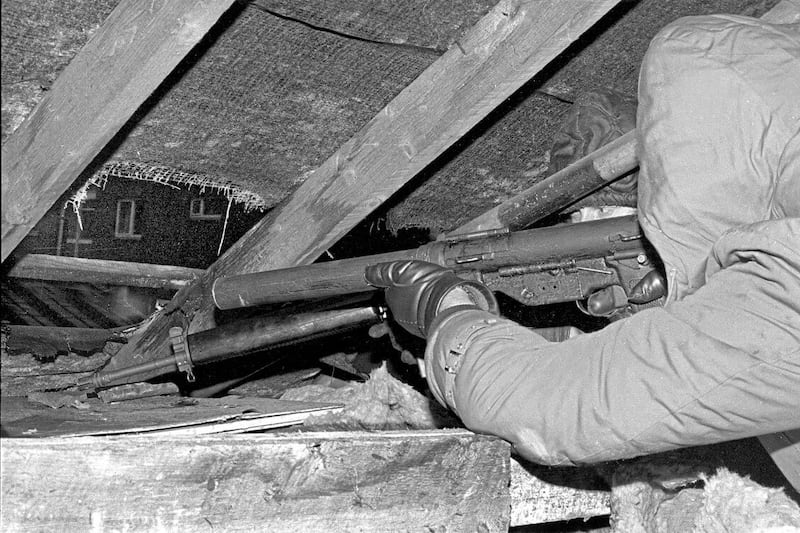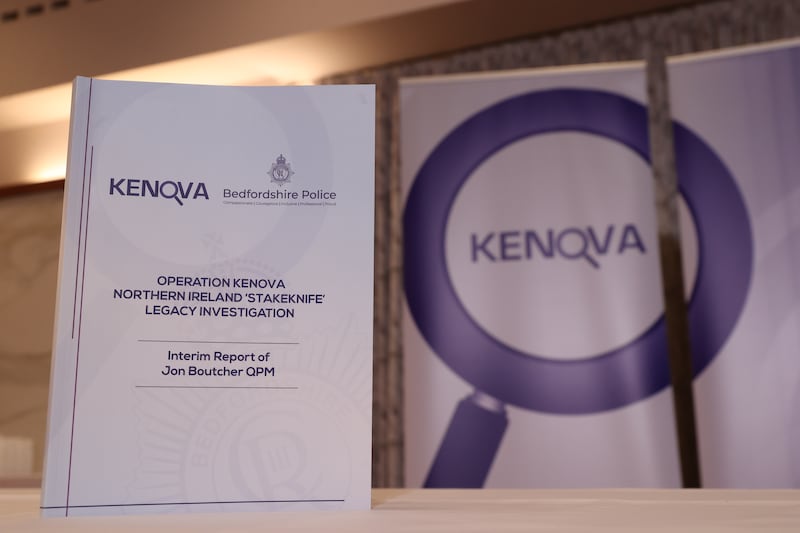The full extent of British intelligence infiltration of one of the IRA’s most feared units continues to emerge from last week’s Operation Kenova report.
The interim report cast new light on the activities of the notorious British army agent known as Stakeknife.
He was revealed in 2003 as west Belfast man Freddie Scappaticci, who worked for the Force Research Unit.
Scappaticci was a former commander with the IRAs Internal Security Unit (ISU), which hunted down and killed informers.
Solicitor Kevin Winters represents families directly impacted by the Operation Kenova report.
He died of natural causes last year aged 77.
Among the shocking claims made in the report, which investigated 101 murders and abductions, is that innocent people were killed by the ISU and that British agents were involved in the deaths of other informers.
Former Operation Kenova head Jon Boucher, who is now the PSNI chief constable, has suggested that some of those involved in the ISU’s activities, and at a senior level in the republican movement, were also on the British payroll.
“Those involved in these events, the perpetrators and senior members of the republican movement who allowed these abhorrent behaviours to occur, were themselves as likely to have assisted the security forces, as those they accused,” Mr Boutcher wrote.
He added that “senior members” of the IRA involved in tracking down informers and who were interviewed during the seven-year Operation Kenova investigation also passed on information to state agencies.
“We have interviewed senior members of PIRA who should be contrite about their action,” Mr Boutcher wrote.
“They remained defiant, dismissive and unrepentant about how they mistreated alleged agents.
“They have no grounds to be so, particularly when some covertly assisted the security forces.”
Mr Boutcher said some others interviewed by his former team took a less hostile approach.
“Encouragingly, we have also interviewed other senior PIRA members who are more reflective and accepting about the circumstances of how and why people might have assisted the security forces and seem willing to move forward without recrimination towards those accused of being agents or their families,” he said.







